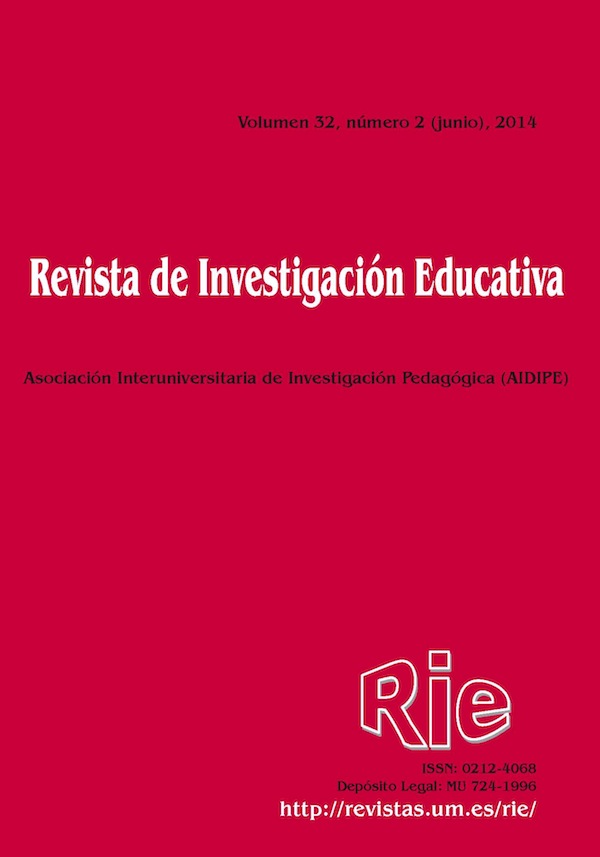Positive emotions and education of school life. Contributions of cooperative motor expression
Supporting Agencies
- Ministerio de Economía y Competitividad
- Secretaría de Estado de Investigación
- Desarrollo e Innovación de España al proyecto I D i Juegos Deportivos Psicomotores y de Cooperación [Código DEP2010-21626-C03-01].
Abstract
One key aspect of physical education is to improve coexistence among schoolchildren. The experience of positive or negative emotions in motor situations is directly related to education of interpersonal relationships. This study examined emotional experiences elicited in cooperative situations in which motor expression took place. A sample of 81 students (Mean Age = 21.05, SD = 2.06, 22 girls and 59 boys) from the National Institute of Physical Education of Catalonia (University of Barcelona) participated in this study. The validated game and emotions scale (GES) was used. After each activity, students assessed the intensity of thirteen emotions and explained the causes of the most intense emotion. The study used mixed methods, whereby qualitative data complemented quantitative data. The results confirmed the impact of motor expression on positive experiences.
Downloads
-
Abstract7554
-
PDF (Español (España))4355
The articles and scientific documents published in RIE abide the following conditions:
1. The Servicio de Publicaciones de la Universidad de Murcia (the publisher) has the property rights (copyright) of all the documents published and allows the reuse under the user’s license indicated in point 2.
2. All documents are published in the digital edition of RIE under a Creative Commons Reconocimiento-NoComercial-SinObraDerivada 4.0 Internacional. (legal document) license. These documents can be copied, used, distributed, communicated and explained publicly if: i) the author(s) and its original source of publishing (magazine, publisher and URL of the document) are cited; ii) it is not used for commercial purpose; iii) the existence and the specifications about this license are mentioned.
3. Auto-archive’s conditions. The authors are allowed and encouraged to digitally distribute the pre-print versions (a version before evaluation) and/or post-print (a version that it is already evaluated and accepted to its publication). This promotes circulation and distribution earlier and can increase the citations and significance within the academic community.










